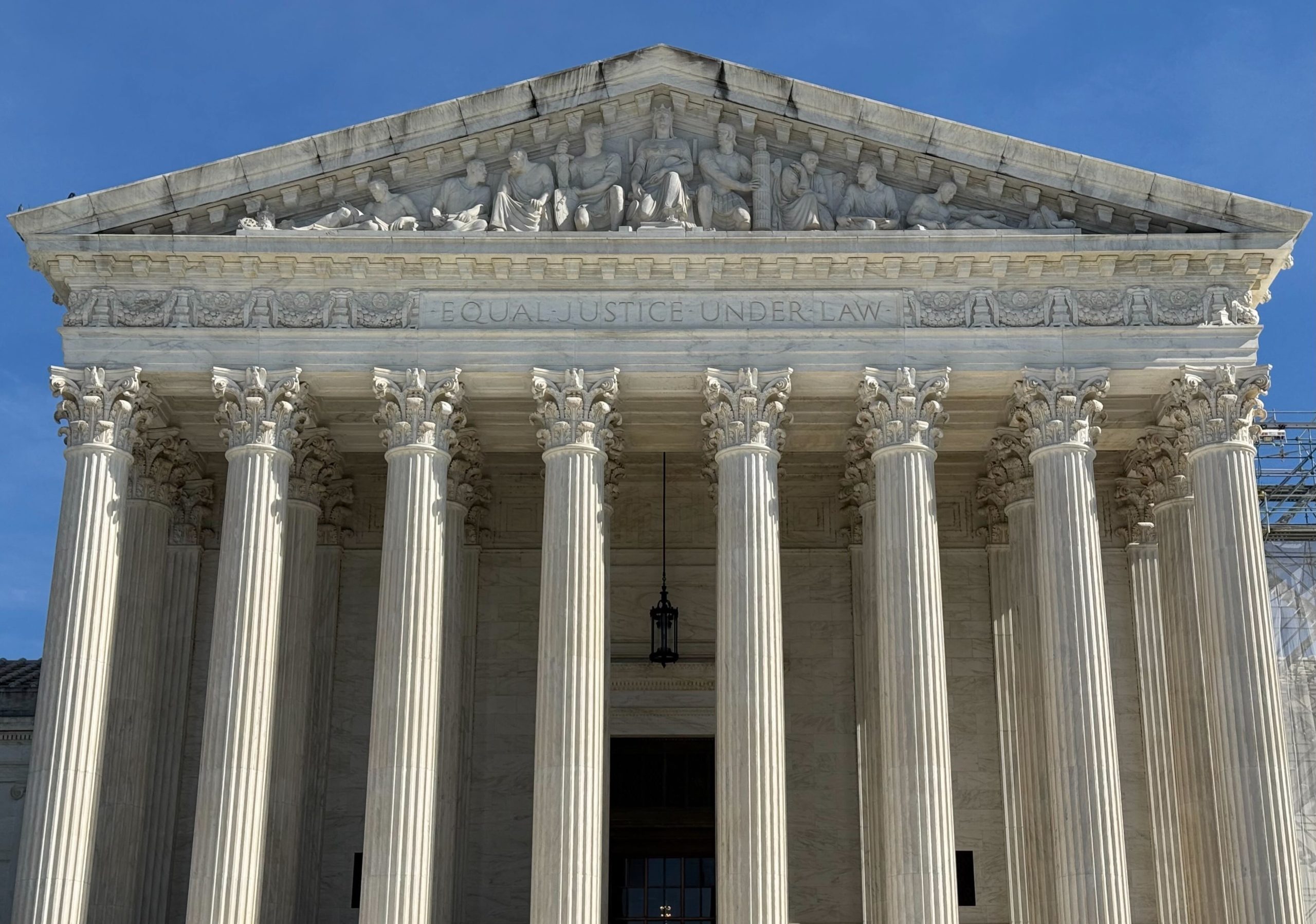SCOTUS NEWS
on Dec 13, 2024
at 3:38 pm

The justices added two cases to their 2024-25 docket on Friday. (Katie Barlow)
The Supreme Court on Friday agreed to review a decision by the Wisconsin Supreme Court rejecting efforts by Catholic Charities to seek an exemption from the state’s unemployment tax. Catholic Charities contends that both it and the four agencies that operate under its umbrella qualify for the exemption because they are operated “primarily for religious purposes.” The group, which is controlled by the bishop of the diocese of Superior, says that the state supreme court’s contrary decision, which rested on its conclusion that the group’s activities are not “typical” religious activities, violates the First Amendment.
In a brief list of orders from the justices’ private conference earlier in the day, the justices also agreed to weigh in on whether a group of fuel producers have a legal right to sue, known as standing, to challenge California’s role in the regulation of greenhouse gas emissions.
An additional list of orders from Friday’s conference, including the list of cases that the justices have declined to review, is expected on Monday morning.
The Wisconsin dispute dates back to 2016, when the Catholic Charities Bureau in the Diocese of Superior, Wis., sought a determination that it and four of its agencies – which provide a variety of services to people with disabilities – were exempt from the state’s unemployment tax. The case made its way to the state supreme court, which earlier this year ruled for the state.
The Wisconsin Supreme Court explained that to determine whether an organization is “operated primarily for religious purposes” and therefore qualifies for the tax exemption, both the organization’s motivations and its activities are relevant.
In this case, the court accepted “at face value” assertions by Catholic Charities and the four agencies that their services were “based on gospel values and the principles of the Catholic Social Teachings.” But the court found it dispositive that the activities of Catholic Charities and the agencies were “primarily charitable and secular.” The groups do not “attempt to imbue program participants with the Catholic faith nor supply any religious materials to program participants or employees,” the court stressed.
Catholic Charities came to the Supreme Court last summer, asking the justices to weigh in. The Wisconsin Supreme Court’s decision, it argued, “thrusts state governments into a thicket of First Amendment questions,” “not least because it forces agencies and courts to second-guess the religious decisions of religious bodies.” The question matters, the group added, because it means that Catholic Charities and others like it must pay unemployment taxes with money “that otherwise could be helping the needy.”
The state urged the justices to stay out of the dispute, insisting that courts “routinely deny religious tax exemptions to entities that assert religious motivations without overly entangling themselves in religious matters.” In doing so, the state wrote, courts do not “regulate internal church governance or compel any church activity.”
After considering the case at two consecutive conferences, the justices granted the petition for review filed by Catholic Charities.
The justices also granted review in Diamond Alternative Energy v. Environmental Protection Agency, a challenge arising from a provision of the Clean Air Act that allows California to seek a waiver of the general bar on the adoption of emission standards by states. The waiver recognizes that California was the only state to regulate emissions before the CAA was enacted. In 2009, California began to set standards to curb greenhouse gas emissions, stepping beyond the localized pollution it had previously regulated. The Environmental Protection Agency granted a waiver, which was then partially withdrawn during the Trump administration and reinstated in 2022. The 2022 waiver allowed the state to set standards to limit greenhouse gas emissions, as well as require all passenger vehicles sold in the state to be zero-emission vehicles by 2035.
The justices on Friday agreed to hear an appeal filed by fuel producers, who seek review of a ruling by the U.S. Court of Appeals for the District of Columbia Circuit holding that they did not have a legal right to challenge the waiver. The court declined, however, to hear the fuel producers’ challenge to the legality of the waiver itself.
Both cases will be argued sometime in the spring, with a decision to follow by late June or early July.
This article was originally published at Howe on the Court.





